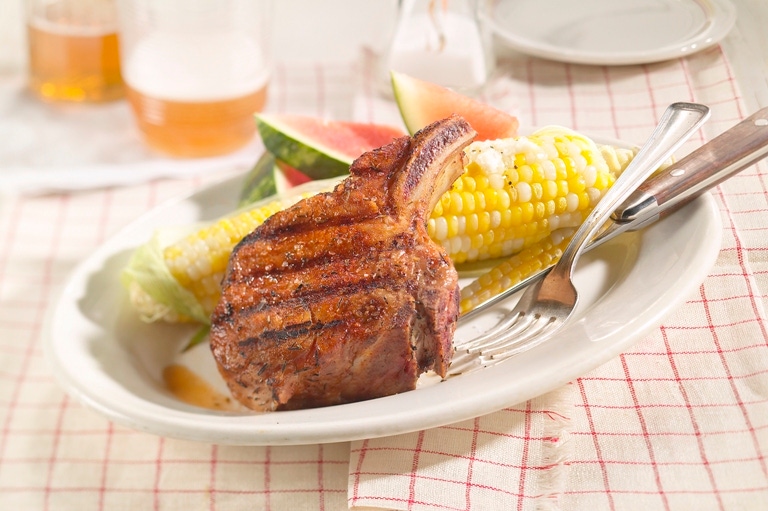May 23, 2013

The decision by USDA’s Agricultural Marketing Service to finalize a proposed rule on country-of-origin labeling (COOL) for meat and poultry products with no changes is being called incomprehensible and reckless by the American Meat Institute (AMI).
The move was made despite a massive outpouring of concern from affected companies and major trading partners and disregards the potential adverse retaliatory trade responses from Canada and Mexico, the AMI says.
Mandatory COOL has been mired in controversy since a World Trade Organization (WTO) panel, in response to complaints by Mexico and Canada, determined that the 2009 version of the rule violated United States’ WTO obligations.
USDA proposed a new rule in March 2013 that it claimed would bring the United States into compliance, but the proposal was far more burdensome than the original 2009 rule, now in effect.
Like what you’re reading? Subscribe to the National Hog Farmer Weekly Wrap Up newsletter and get the latest news delivered right to your inbox every Friday!
“It is incomprehensible that USDA would finalize a controversial rule that stands to harm American agriculture, when comments on the proposal made clear how deeply and negatively it will impact U.S. meat companies and livestock producers. This rubber stamping of the proposal begs the question of the integrity of the process: many people spoke, but no one at USDA listened,” says AMI Senior Vice President of Regulatory Affairs and General Counsel Mark Dopp. “The decision to proceed with a rule that is more costly, complex and burdensome than the earlier version, when WTO and our trading partners have sent strong signals that this is no ‘fix,’ shows a reckless disregard for trade relations and for companies whose very survival is at risk because they rely upon imported livestock.
“If it wasn’t obvious previously that politics were driving USDA’s COOL rule, it is painfully clear now,” Dopp adds.
In its comments, AMI detailed how many member companies will be significantly and adversely affected by the proposal. In 2009, meat and poultry processors and retailers were required to apply country-of-origin labels to packages at an estimated cost of as much as $500 million to the meat sector in the first year alone due to costly segregation of livestock, record-keeping and new packaging.
AMI also told USDA/AMS that if the existing mandatory COOL rules are amended according to the proposal, there is a virtual certainty that several meat packing establishments will ultimately close because of the costs they will be forced to incur in order to implement the proposal’s requirements.
“In effect, the agency is picking winners and losers in the marketplace in order to provide information to consumers that recent research shows they care little about and do not wish to pay for,” AMI says.
Operations on the northern and southern borders would be impacted most severely because their businesses are premised on free trade in meat and livestock across international borders, and the new rule will have a particularly burdensome impact on them in terms of segregation and labeling, which suggests that the U.S. government is essentially picking winners and losers in the international marketplace.
You might also like:
New Swine Disease Strikes Three States
You May Also Like



